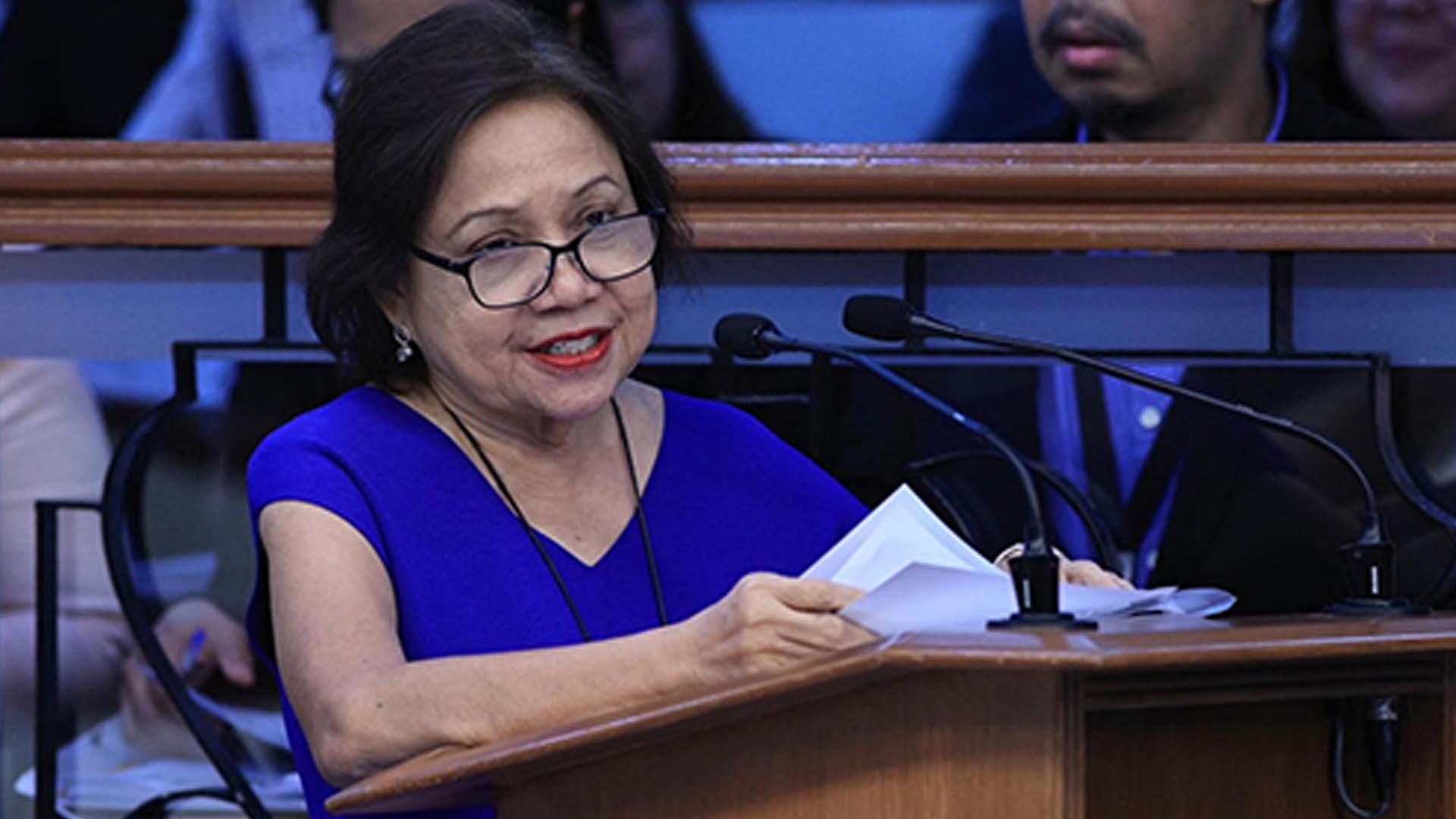Senator Cynthia Villar hopes the use of bamboo as textile will help the local textile industry and spur development in the countryside.
Speaking during the “KAWAYARN: A Bamboo Textile Ph Launch” held at the Manila Hotel, Villar urged PhilFida and DOST- Philippine Textile Research Institute (PTRI) to be at the forefront of propagating bamboo due to its significant role in the textile industry.
Villar noted that bamboo has at least 35 percent textile fiber recovery compared to other sources of fiber, which barely have only 2 percent.
The chairperson of the Senate committee on agriculture said it is abundant and robust across the country and it is a sustainable textile fiber source.
“The technologies are simple, deployable, and scalable. The machines can also be fabricated locally for more massive and extensive deployment,” noted Villar.
“The DOST-PTRI Bamboo fiber extraction technology was developed in 2015. It has moved sustainable and improved fiber extraction techniques for the bamboo species in a bid to promote the increased utilization of natural textile fiber processing from bamboo.The facility will extract bamboo fiber to be used for yarn, will then weave into textiles,” she added.
This technology is applied to natural extraction of different bamboo species in the Philippines–such as kawayan tinik, bolo, yellow bamboo.
The PTRI has three Bamboo Textile Fiber (BTF) Innovation hubs located in Maragondon, Cavite; Naguillan, La Union and Cauayan, Isabela. It will build at least three more hubs until 2024- one each for Abra, Bukidnon, and Pangasinan.
Villar related that bamboo fibers can be used for clothing and home textile.
For nonwovens, it can be made into shoes, bags among others.
The raw Bamboo Textile Fiber is priced at about PHP250 per kg., compared to about PHP10 per kg. of bamboo, said Villar.
Due to this, she asked concerned government agencies to support the local fiber industry.





